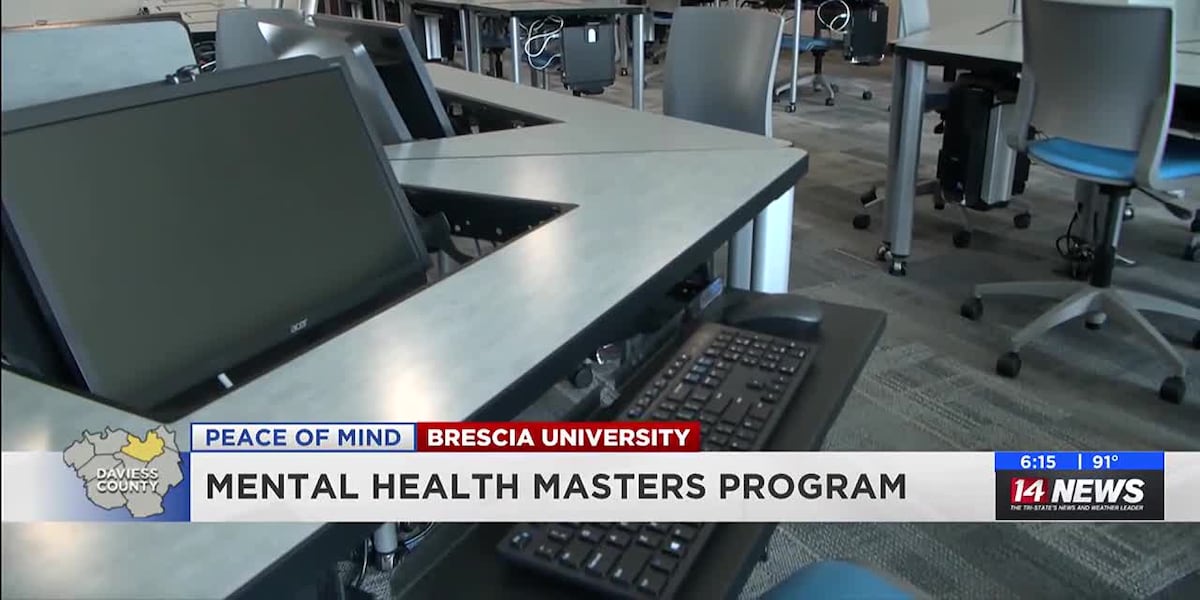Working From Home Taking a Toll? Mental Health Expert Warns of Rising Substance Abuse Concerns in Singapore

Singapore's shift towards widespread work-from-home (WFH) arrangements, initially lauded for its flexibility and potential mental health benefits, is now raising serious concerns about a potential surge in drug and alcohol abuse, according to a leading mental health expert. Dr. Gerber, a prominent figure in the field, is cautioning that the long-term impact of prolonged remote work could be detrimental for some individuals, potentially masking underlying issues and contributing to unhealthy coping mechanisms.
The initial enthusiasm surrounding WFH was understandable. Many employees reported reduced stress levels due to the elimination of commutes, increased flexibility in managing personal responsibilities, and a greater sense of control over their work-life balance. However, Dr. Gerber argues that these perceived benefits might be masking a more complex reality. “While WFH offers undeniable advantages, it can also blur the lines between work and personal life, leading to isolation, loneliness, and a lack of social interaction,” she explains. “These factors, coupled with the increased accessibility of substances, can create a perfect storm for substance abuse.”
The Isolation Factor & Easy Access
One of the primary concerns is the increased isolation that many WFH employees experience. The absence of regular face-to-face interactions with colleagues can lead to feelings of loneliness and detachment. This isolation can be particularly acute for individuals who were already struggling with mental health challenges before the shift to remote work. Furthermore, the convenience of online ordering and delivery services makes it easier than ever to access drugs and alcohol without leaving the home.
The Illusion of Mental Wellbeing
Dr. Gerber emphasizes that individuals who are resisting a return to the office, believing that WFH is positively impacting their mental health, “may actually suffer” in the long term. She suggests that the initial relief from commuting and other workplace stressors might be masking underlying mental health issues that require professional intervention. “It’s crucial to acknowledge that WFH isn’t a panacea for mental wellbeing,” she states. “It can be a valuable tool, but it’s not a substitute for genuine social connection, professional support, and a healthy work-life balance.”
Recognising the Signs & Seeking Help
So, what are the warning signs that someone might be struggling with substance abuse related to WFH? Dr. Gerber advises looking out for changes in behaviour, such as increased irritability, withdrawal from social activities, neglecting responsibilities, and an increased reliance on alcohol or drugs to cope with stress. If you or someone you know is struggling, seeking help is paramount. Numerous resources are available in Singapore, including:
- National Council Against Drug Abuse (NCADA): Offers counselling, rehabilitation, and support services.
- Singapore Mental Health Services (SMHS): Provides information and resources on mental health issues.
- Your company’s Employee Assistance Programme (EAP): Many companies offer confidential counselling and support services to employees.
Moving Forward: A Balanced Approach
The future of work in Singapore is likely to involve a hybrid model, combining the flexibility of WFH with the benefits of in-person collaboration. It’s essential that employers prioritize employee wellbeing and provide adequate support to help individuals navigate the challenges of this new working landscape. Open communication, regular check-ins, and access to mental health resources are crucial for fostering a healthy and productive work environment, regardless of where the work is done. Addressing the potential for substance abuse related to WFH requires a proactive and compassionate approach, ensuring that employees receive the support they need to thrive.






